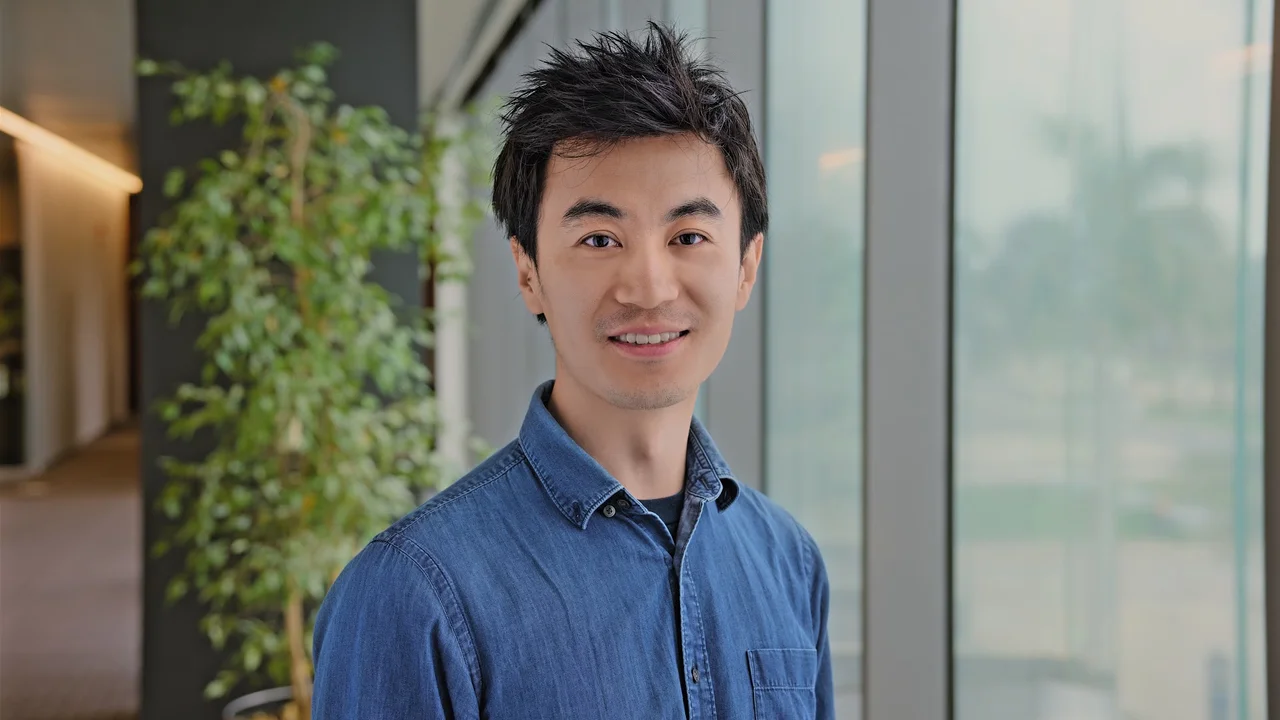Biography
Professor Xu is a leading figure in the development, design and analysis of fast methods for finite element discretization and large-scale equation solutions. He has made many groundbreaking contributions in these areas, including several fundamental theories and algorithms that bear his name. These include the Bramble-Pasciak-Xu (BPX) preconditioner, the Hiptmair-Xu (HX) preconditioner and the Xu-Zikatanov (XZ) identity.
Xu received his Bachelor's degree from Xiangtan University, China, in 1982, his Master's degree from Peking University, China, in 1984 and his doctoral degree from Cornell University, U.S., in 1989. He joined Pennsylvania State University (Penn State), U.S., in 1989 as Assistant Professor of Mathematics, was promoted to associate professor in 1991, and to professor in 1995.
He was named a Distinguished Professor of Mathematics in 2007, the Francis R. and Helen M. Pentz Professor of Science in 2010 and the Verne M. Willaman Professor of Mathematics in 2015 at Penn State. He was also awarded the first Feng Kang Prize for Scientific Computing in 1995 and the Humboldt Award for senior U.S. scientists in 2005. His work was featured as one of the "Top 10 breakthroughs in computational science" in a 2008 US Department of Energy report.
According to Google Scholar, Xu has published more than 240 scientific papers with more than 18,500 citations. He was a plenary speaker at the International Congress for Industrial and Applied Mathematics in 2007 and an invited speaker at the International Congress for Mathematicians in 2010.
Xu serves on the editorial boards of many influential journals in computational mathematics and co-edits numerous research monographs and conference proceedings. He has organized or served as a scientific committee member for more than 100 international conferences, workshops and summer schools.
He is a Fellow of the Society for Industrial and Applied Mathematics (SIAM), the American Mathematical Society (AMS), the American Association for the Advancement of Science (AAAS) and the European Academy of Sciences (EurASc). In 2023, he was elected to the prestigious Academia Europaea.
Research Interests
Dr. Xu’s research focuses on numerical methods for partial differential equations and big data, specifically finite element methods, multigrid methods and deep neural networks for their theoretical analysis, algorithmic development and practical applications.
Recently, he has devoted himself to mathematical studies of deep learning, working on topics such as the approximation theory of deep neural networks. He has also been developing convolutional neural networks and training algorithms from the multigrid viewpoint and subspace corrections method.





